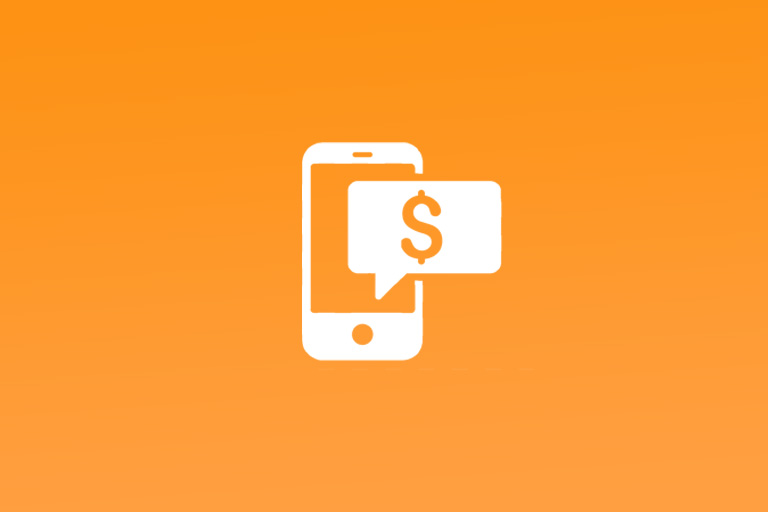What is Marketing Data-Driven?
Marketing data-driven approaches involve the utilization of data and analytics to guide decision-making and strategy formulation within the marketing domain. By leveraging insights derived from user behavior, market trends, and performance metrics, marketers can make informed decisions, optimize campaigns, and enhance user engagement. This data-centric approach enables marketers to tailor their strategies to align with user preferences and market dynamics, ultimately driving more impactful and effective marketing initiatives.The Necessity for App Developers to Embrace Marketing Data-Driven
In the realm of app development, the adoption of marketing data-driven strategies is imperative for app developers seeking to achieve sustainable success. Understanding user behavior, preferences, and engagement patterns is critical for standing out amidst competition and fostering app success. By embracing data-driven methodologies, app developers can refine their user acquisition strategies, optimize user experience, and tailor their app marketing efforts to resonate with their target audience more effectively.Marketing Data-Driven Methodologies
- User Behavior Analysis: Understanding how users interact with an app, including their navigation patterns, feature usage, and session durations, provides valuable insights for optimizing the app's user experience and identifying areas for improvement.
- Performance Metrics Tracking: Monitoring key performance indicators (KPIs) such as conversion rates, retention rates, and user engagement metrics allows app developers to assess the effectiveness of their marketing initiatives and make data-informed adjustments to their strategies.
- Market Trend Analysis: Keeping abreast of market trends, competitor performance, and industry developments enables app developers to adapt their marketing strategies to align with evolving market dynamics, ensuring relevance and competitiveness.
Marketing Data-Driven Tools and Channels
- Analytics Platforms: Utilizing robust analytics tools such as Google Analytics, FoxData, or custom in-app analytics solutions provides app developers with comprehensive insights into user behavior, campaign performance, and user acquisition sources.
- Customer Relationship Management (CRM) Software: CRM tools enable app developers to manage customer data, track user interactions, and implement targeted marketing campaigns based on user behavior and preferences.
- A/B Testing Platforms: A/B testing tools allow app developers to experiment with different marketing strategies, app features, and user interface designs, leveraging data to determine the most effective approaches for user engagement and conversion optimization.
In conclusion, marketing data-driven approaches are indispensable for app developers seeking to achieve sustainable success in the competitive app market. By leveraging user behavior analysis, performance metrics tracking, and market trend analysis, app developers can refine their marketing strategies, optimize user engagement, and foster long-term app success.







